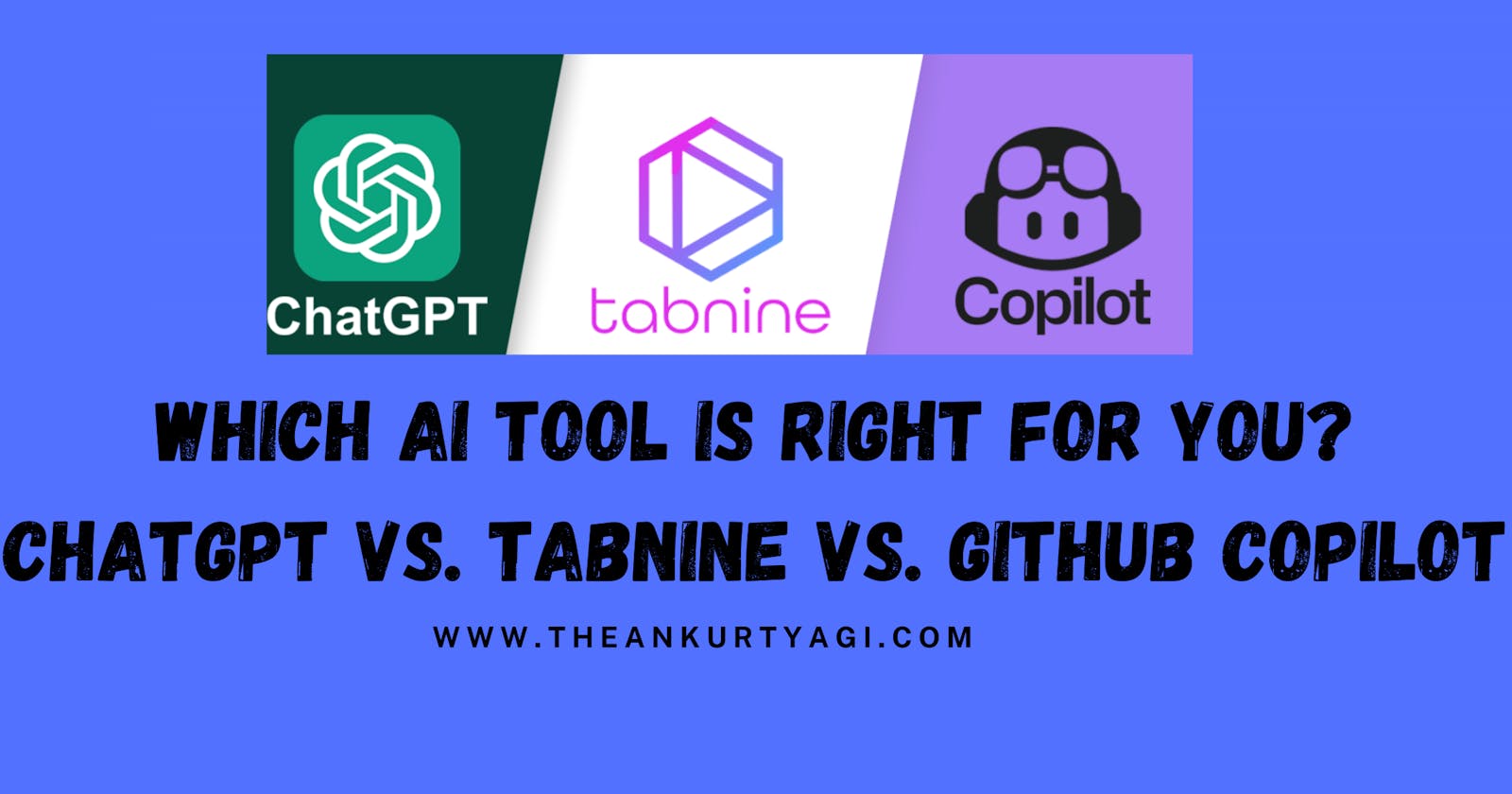Which AI Tool Is Right For You? ChatGPT vs. Tabnine vs. GitHub Copilot
The productivity impact of AI coding tools
Okay, folks, in today's coding world, being a software developer means more than just writing code. It means being comfortable with various AI tools (ChatGPT vs. Tabnine vs. GitHub Copilot), environments, and the latest tech. It's not just about hitting our daily targets or how fast we can launch a project. It's about something we call the developer experience. This is all about how smoothly and efficiently we can work, get into that 'zone', and make a real impact in software engineering.
In one of the old blog posts, I talked about the topic of 'GitHub Copilot vs. Tabnine' Now, let's continue our AI learning journey as we dive deeper into the world of coding assistants and introduce a new contender, ChatGPT.
Why because in the vast expanse of AI-powered coding tools, choosing the right companion for your programming journey can feel like a big decision.
Learning often occurs about our existing knowledge, a natural and intuitive process. In the realm of products and technology, the common question arises: 'What sets you apart?' However, to answer this, you must establish a reference point, allowing you to say, 'Similar to X, but distinguished by Y.
So today, let’s do a comparison of 3 different AI coding developer tools.
What is GitHub Copilot
GitHub Copilot is like having a smart assistant for your coding work. It's a special tool that works inside Visual Studio Code, a popular coding program. Imagine it as a helper that understands what you're trying to do and writes code for you.
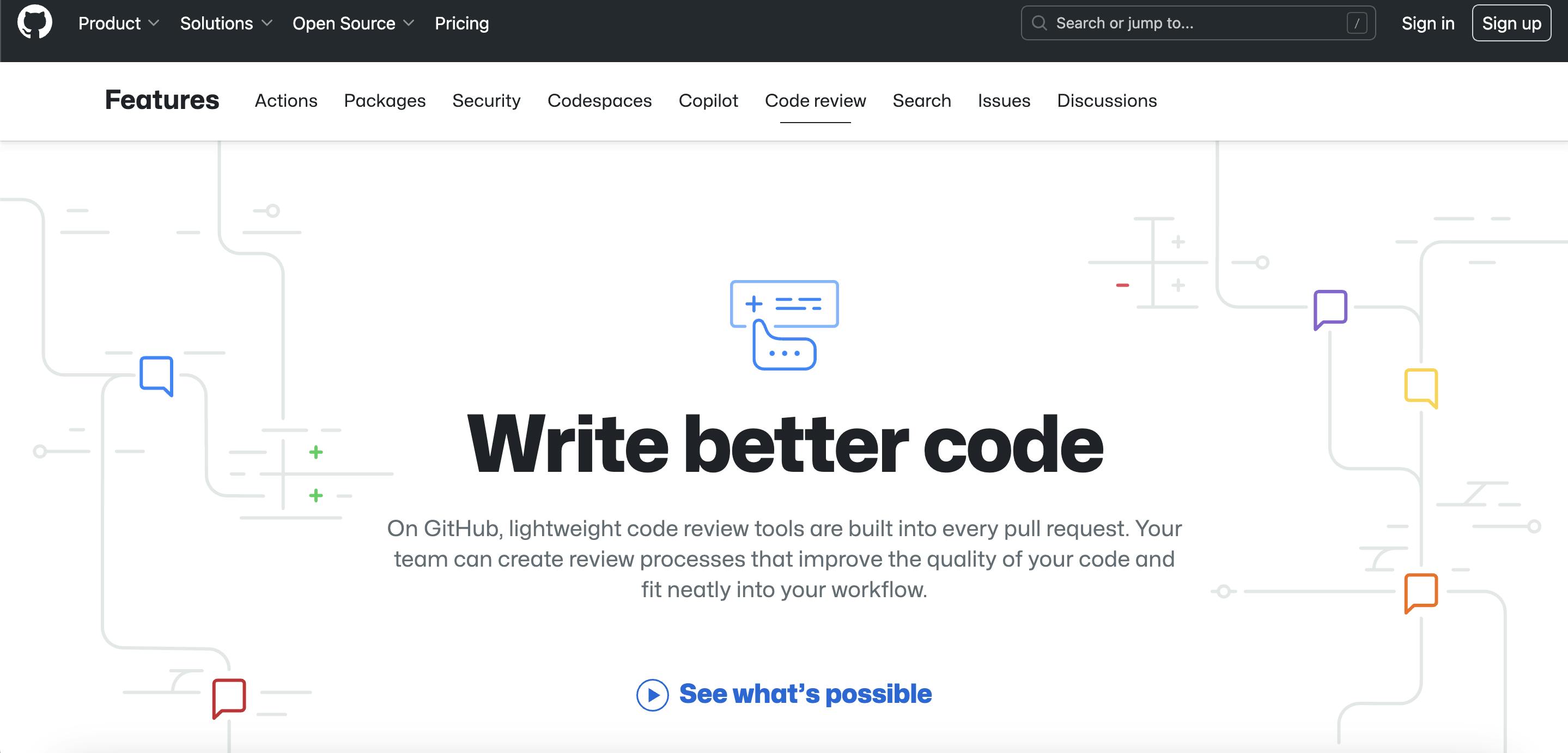
For example, if you want to create a function, you just give it a name and a little description, and Copilot magically writes the rest of the function for you.
It has trained on billions of lines of code, GitHub Copilot turns natural language prompts into coding suggestions across dozens of languages and GitHub Copilot offers two management options "individual accounts" with GitHub Copilot for Individuals or "organization accounts" with GitHub Copilot for Business.
Verified students, teachers, and maintainers of popular projects can enjoy free access to Copilot.
However, there's something important to know. While GitHub Copilot used to be free for everyone, now they ask for a small fee to use it. IIf you don't fall under the categories of a student, teacher, or maintainer of a popular open-source project, you can explore GitHub Copilot with a complimentary 30-day trial. Following the trial period, a paid subscription is required for ongoing access. Despite this, many people believe GitHub Copilot has a bright future. They think it could become a game-changer for coders. So, while there are some things to consider, GitHub Copilot holds a lot of promise for making coding a lot easier.
GitHub recently conducted a survey focusing on developer productivity and the use of AI coding tools. To gather insights, they enlisted the help of an independent research agency to interview 500 software developers based in the United States. These developers were specifically from large organizations with over 1,000 employees.
High Adoption of AI Coding Tools:
- 92% of developers are already using AI coding tools, both at work and in personal projects.
Persistent Challenge: Waiting on Builds and Tests:
- Despite DevOps advancements, developers still find waiting on builds and tests to be a significant time-consuming activity.
Strong Desire for Increased Collaboration:
- Developers work with an average of 21 other engineers on projects, emphasizing the importance of collaboration in performance evaluations.
Positive Outlook on AI's Impact:
- Over 80% of developers believe AI coding tools will enhance collaboration within their teams.
Anticipated Benefits of AI Coding Tools:
- Developers expect advantages like improved code quality, faster completion times, and more effective incident resolution.
Misalignment in Performance Metrics:
- Developers believe factors like code quality and collaboration should be prioritized in performance evaluations, whereas some are still primarily evaluated based on output quantity.
Importance of Developer Experience:
- Investing in a positive developer experience, including factors like collaboration, productivity, satisfaction, and impact, is crucial.
AI Tools for Upskilling:
- 57% of developers believe that AI coding tools can help improve their coding language skills, offering a significant benefit.
Efficiency Gains with AI Tools:
- AI coding tools are seen as tools that create greater efficiencies within existing workflows, allowing developers to focus on developing solutions.
Potential for AI in Developer Experience Enhancement:
- AI coding tools have the potential to significantly impact developer satisfaction, productivity, and organizational impact.
These findings collectively highlight the widespread adoption and positive perception of AI coding tools among developers, along with the potential benefits they can bring to the development process.
What is Tabnine
Tabnine is an AI-powered code completion tool designed to assist you in writing code more efficiently. It integrates with various code editors and IDEs (Integrated Development Environments) and offers intelligent suggestions for completing lines of code as you type.
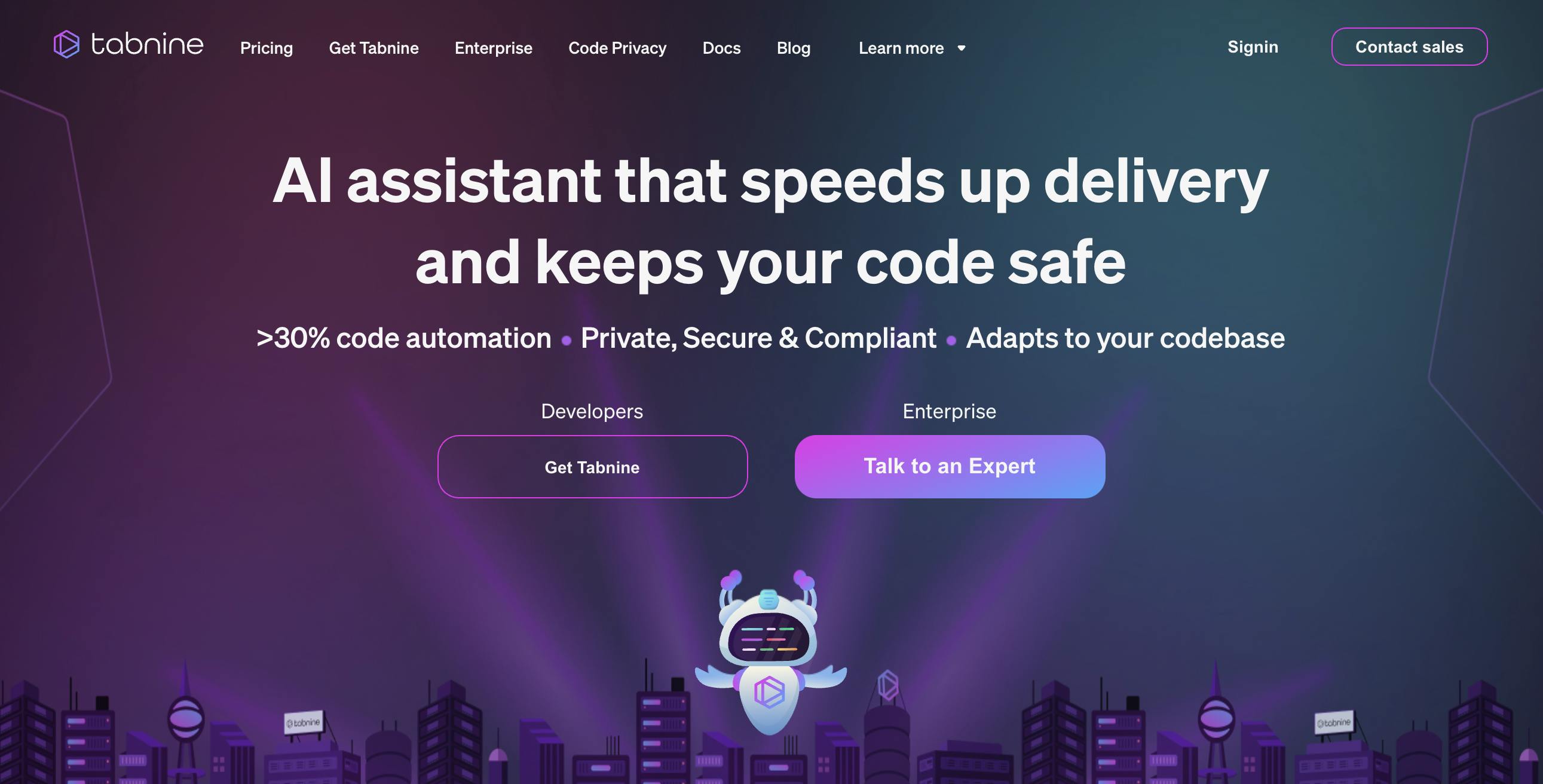
Tabnine analyzes the context and patterns in a codebase to provide accurate and contextually relevant suggestions, helping developers save time and reduce typing effort. It supports multiple programming languages. Personally, It's one of the best ChatGPT alternatives for writing, coding, and more.
Have a look at the below example.
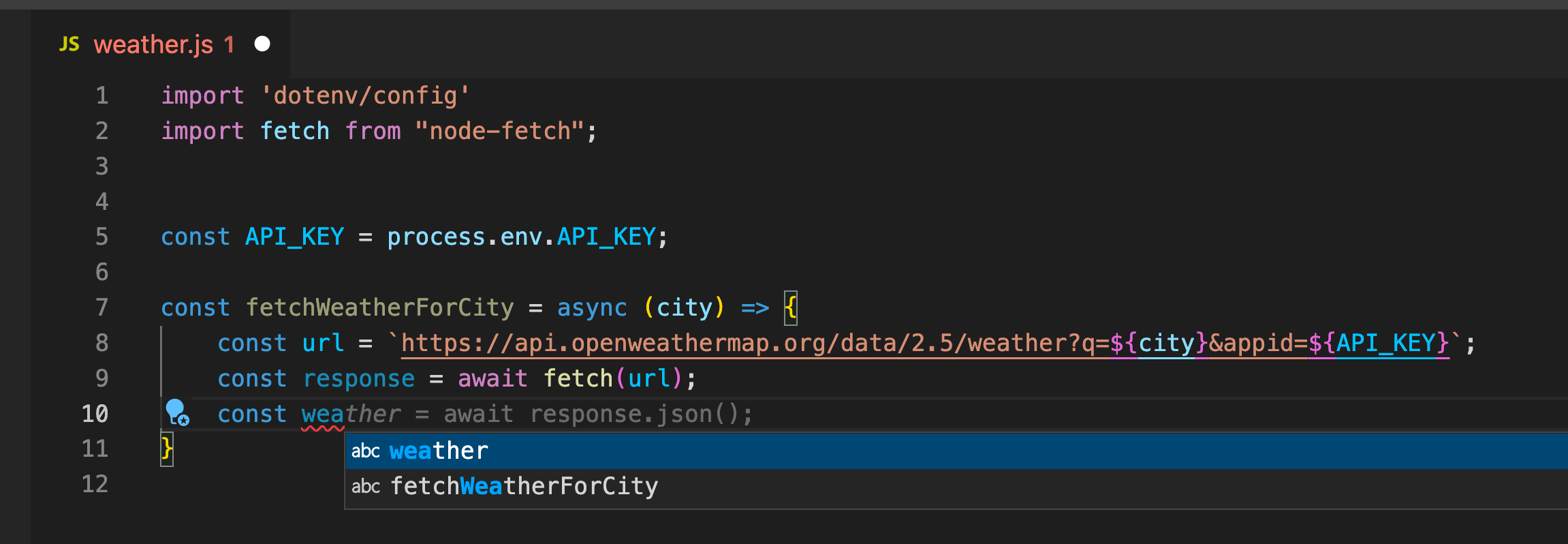
Tabnine uses advanced generative AI technology to anticipate and propose the following lines of code by considering the context and syntax. This includes providing complete lines of code, suggesting entire function implementations, offering natural language to code translations, and even facilitating in-IDE communication through chat features.
What is ChatGPT?
ChatGPT is a powerful AI language model developed by OpenAI.
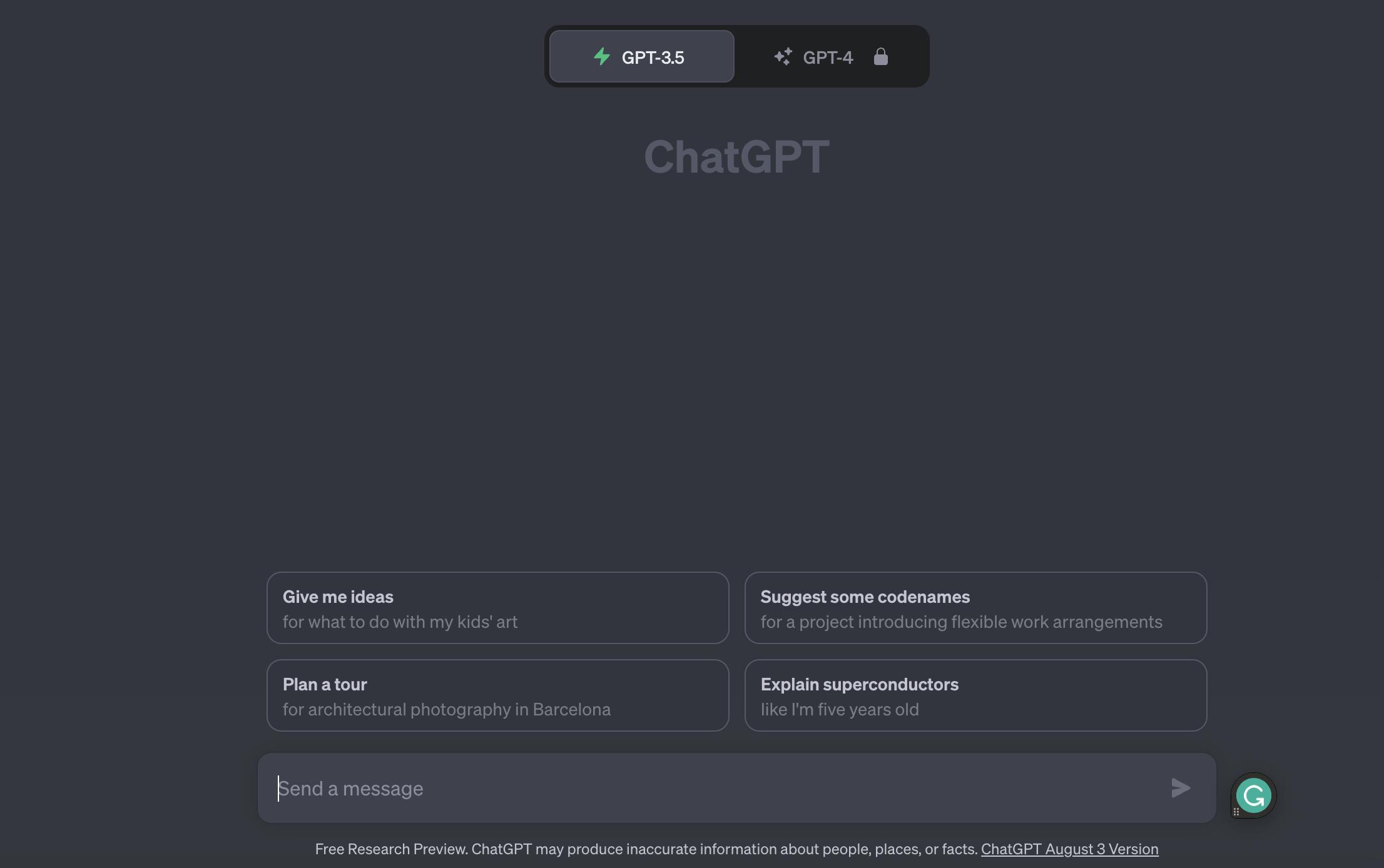
It leverages the GPT-3.5 and GPT-4 series of large language models (LLMs) developed by OpenAI and has undergone fine-tuning through transfer learning methods, utilizing both supervised and reinforcement learning techniques.
It is made to assist with a variety of tasks, including writing, answering questions, creating conversational agents, providing tutoring in various subjects, translating languages, and much more.
Think of ChatGPT as a versatile digital assistant that's capable of understanding and generating text conversationally.
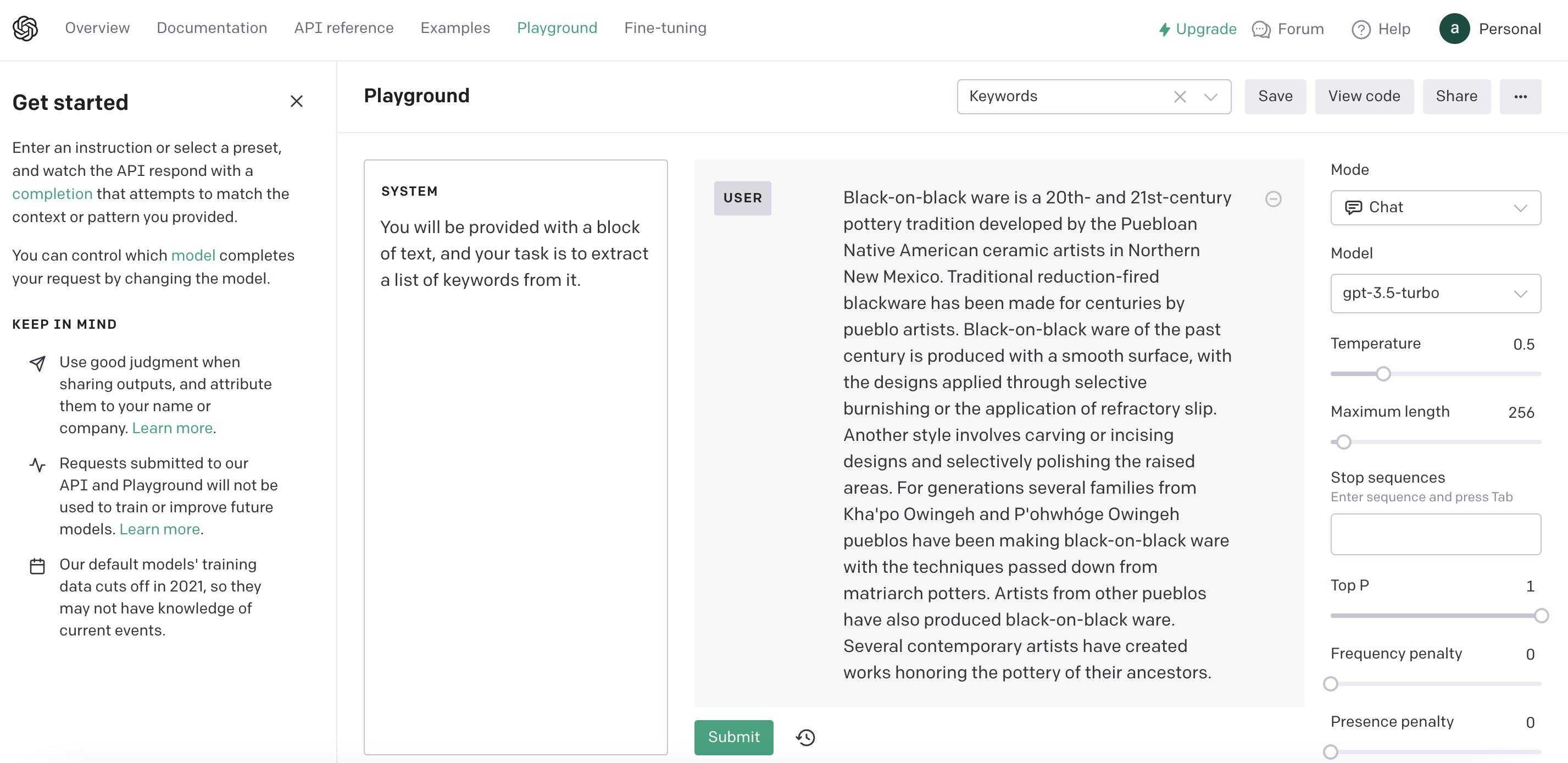
A big limitation of ChatGPT is that it was trained on data leading up to late 2021, and does not know the world after this time. It's important to understand that ChatGPT, by default, utilizes the text you input through the web interface for its training. This means that any information provided is used to enhance its capabilities. There have been instances, such as at Samsung, where sensitive information was unintentionally disclosed when using ChatGPT to generate meeting notes.
Additionally, it's worth noting that ChatGPT retains user data, even for those who are subscribed or paying for its services. If you're uncomfortable with this arrangement, it's crucial to take steps to opt out of data retention.
My Insights on (ChatGPT vs. Tabnine vs. GitHub Copilot) in a Single Sentence
ChatGPT excels in natural language understanding and generation, making it a versatile conversational AI, while Tabnine is a proficient code completion tool leveraging generative AI, and GitHub Copilot stands out as an integrated powerhouse for AI-powered code suggestions within Visual Studio Code.
ChatGPT: A Versatile Language Companion
Tabnine: Turbocharge Your Coding Experience
GitHub Copilot: Revolutionizing Code Creation
Do these AI tools (ChatGPT, Tabnine, and GitHub Copilot ) make a developer more efficient?
ChatGPT
Helps developers quickly generate code snippets or get assistance with coding-related queries, saving time and effort.
Offers contextual suggestions and explanations, aiding in problem-solving and reducing debugging time.
Enhances productivity by providing an extra layer of assistance during the development process.
Tabnine
It employs advanced generative AI to swiftly predict and propose the subsequent lines of code, significantly expediting the coding process.
Offers whole-line and full-function code completions, improving code-writing speed and accuracy.
Facilitates natural language to code translations, making it easier to convert ideas into functional code.
GitHub Copilot
Employs AI-powered code completion to automatically suggest and generate code snippets as developers type, significantly reducing manual coding efforts.
Speeds up the development process by offering accurate and contextually relevant code suggestions.
Enhances collaboration and reduces the time spent on routine tasks, allowing developers to focus on higher-level problem-solving.
Overall, these tools streamline coding tasks, provide intelligent suggestions, and assist in problem-solving, ultimately leading to increased efficiency and productivity for developers.
What are areas where these AI tools are not that helpful?
In my experience, since I started using tools like ChatGPT, Tabnine, and GitHub Copilot excels at assisting with routine coding tasks and providing helpful suggestions, they may fall short when it comes to tackling highly complex algorithmic challenges.
Developers often need solutions that not only work efficiently but are also optimized for factors like speed, memory usage, and scalability.
Developers still rely heavily on their expertise and domain-specific knowledge to craft solutions that meet the demands of the task. While AI tools can provide valuable assistance, they may not fully replace the need for human ingenuity and specialized algorithmic expertise in these scenarios.
Let's consider a scenario where a developer needs to implement a highly specialized algorithm for finding the shortest path in a weighted graph, a classic problem in graph theory.
This task requires a deep understanding of algorithms like Dijkstra's or A* and their specific implementation.
Here's an example of a Python function
import heapq
def dijkstra(graph, start):
distances = {vertex: float('infinity') for vertex in graph}
distances[start] = 0
priority_queue = [(0, start)]
while priority_queue:
current_distance, current_vertex = heapq.heappop(priority_queue)
if current_distance > distances[current_vertex]:
continue
for neighbor, weight in graph[current_vertex].items():
distance = current_distance + weight
if distance < distances[neighbor]:
distances[neighbor] = distance
heapq.heappush(priority_queue, (distance, neighbor))
return distances
# Example Usage
graph = {
'A': {'B': 1, 'C': 4},
'B': {'A': 1, 'C': 2, 'D': 5},
'C': {'A': 4, 'B': 2, 'D': 1},
'D': {'B': 5, 'C': 1}
}
start_vertex = 'A'
shortest_distances = dijkstra(graph, start_vertex)
print(shortest_distances)
In this example, This algorithm requires a deep understanding of graph theory and specialized knowledge of the algorithm itself.
While AI-powered coding tools can certainly assist with more routine coding tasks, developing and optimizing algorithms like Dijkstra's often requires a level of expertise and domain-specific knowledge that may not be easily replicated by AI models.
Conclusion
The integration of powerful language models and AI coding assistants like ChatGPT, Tabnine, and GitHub Copilot is reshaping the landscape of software development. Many engineers report heightened productivity and accelerated learning of new languages, libraries, and frameworks.
These tools have proven invaluable in streamlining routine tasks, providing context-aware code suggestions, and enhancing collaboration among development teams.
Stay in Touch
That was it for this blog.
I hope you learned something new today.
If you did, please like/share so that it reaches others as well.
Connect with me on Twitter
If you like this.
I encourage you all to sign up for my newsletter. It’s free.
Check out old editions here: The 2-1-1 Developer Growth Newsletter by Ankur
Want to read more interesting blog posts
✅ Here are some of my most popular posts that you might be interested in.
